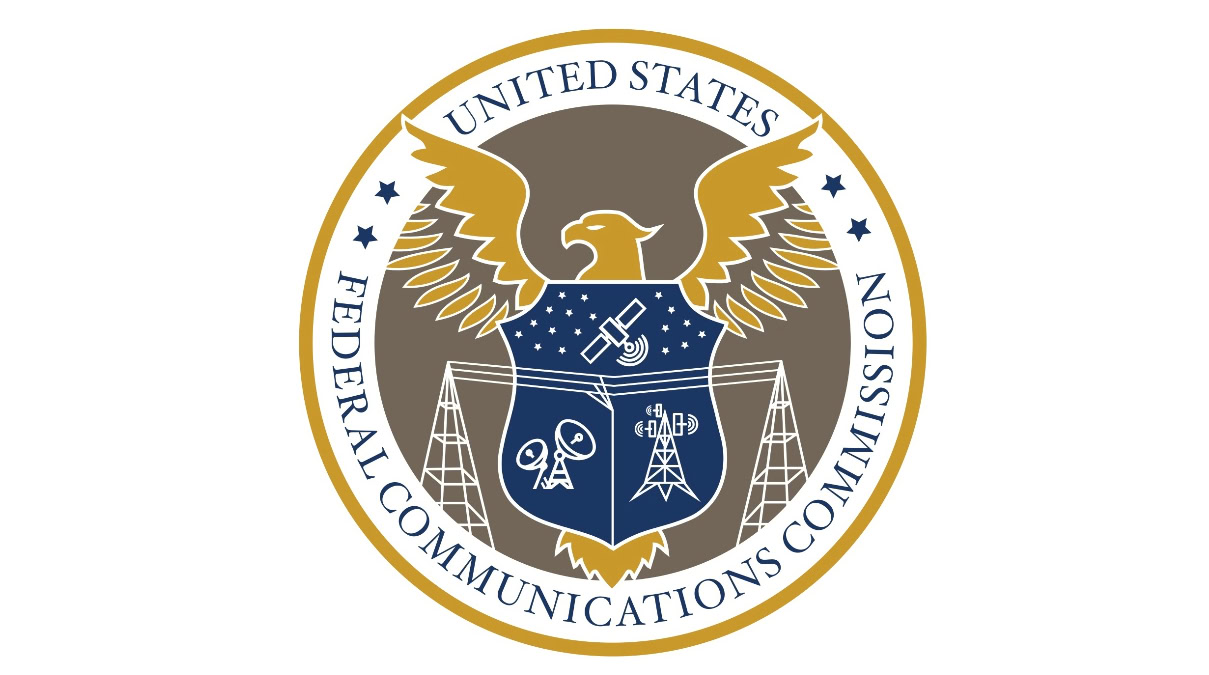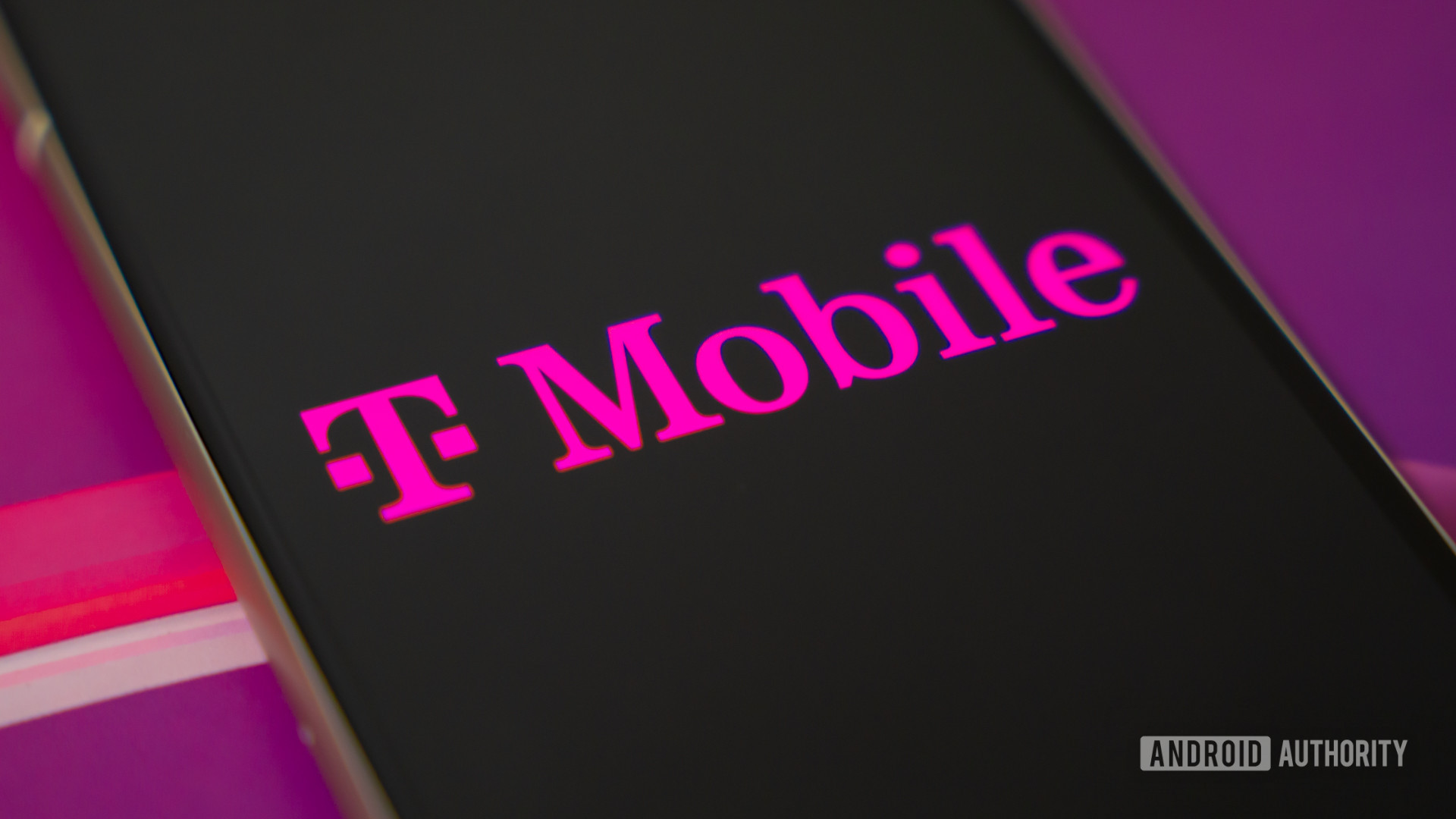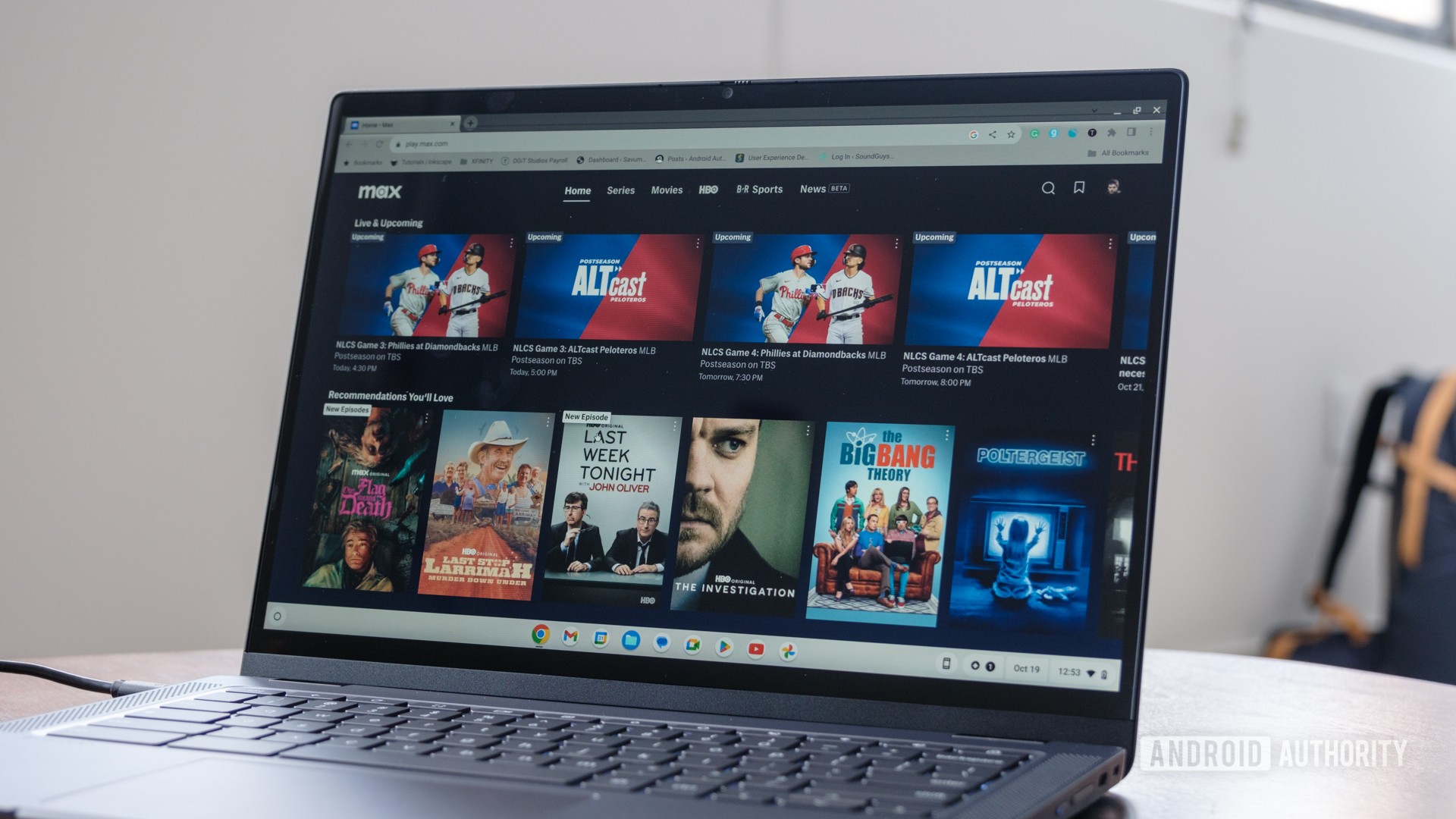
Kris Carlon / Android Authority
In the course of the Trump administration, america formally rolled again web neutrality. Seven years later, the FCC has resurrected these insurance policies from the lifeless. Whereas web neutrality is again, there’s nonetheless a number of confusion and uncertainty surrounding it. Let’s dive deeper into the historical past of web neutrality, its present standing, its execs and cons, and the long run challenges it faces.
What’s web neutrality, and why is it essential?
Internet neutrality refers to a set of insurance policies first adopted by the FCC in 2015 that primarily deal with the web as a utility, much like water, energy, and phone companies. It additionally signifies that all net visitors is taken into account an equal precedence.
This alteration offers the FCC further regulatory controls over the Web, together with putting limits on how corporations can distribute Web entry. Particularly, they can not pace up or decelerate sure websites over others, as this might result in seedy partnerships and practices that might impair the free and neutral nature of the net at this time.
In brief, web neutrality is about treating the web like a public utility, limiting what ISPs can and may’t do relating to routing web visitors.
The principle argument for web neutrality is that it prevents corporations from selling sure websites over others or artificially limiting entry to sure web speeds simply to make individuals pay extra or to regulate which websites they go to. Again when Trump threatened to take away web neutrality, there was a number of discuss how this was the start of the top of the web as we all know it.
There was a reputable concern on the time that ISPs would possibly interact in practices like excessive web throttling, blocking entry to sure web sites, and creating paid quick lanes that might favor sure companies or customers over others.
Years later, there have been adjustments however they have been fairly delicate. Some ISPs excluded sure apps from knowledge prices or unfair throttling practices. After all, that doesn’t imply it couldn’t have gotten worse over time as ISPs grew to become extra emboldened, and so there’s nonetheless a powerful argument for safeguarding the net.
How did Internet Neutrality return and what different adjustments would possibly it deliver sooner or later?

Andrew Grush / Android Authority
Internet neutrality restoration is the motion of a 3-2 Democratic majority vote on the FCC on April 25, 2024. The brand new guidelines would reclassify ISPs beneath Title II of the company’s congressional constitution, offering the FCC authority to make future adjustments associated to every thing from nationwide safety to public security.
The FCC has already spoken on a few of the different points that the change will assist it handle together with web outages, digital privateness, spam, robocalls, and even how high-speed web entry is distributed. For instance, pushing new initiatives that prioritize components of the nation which might be deprived on account of subpar web companies.
There’s additionally one distinction between the brand new rulings and the outdated. The FCC now not has stipulations that forestall overcharging or exorbitant charges because it has determined to forbear fee regulation. There’s no less than a chance this might return later although, particularly if ISPs proceed to hike costs on the loopy charges we’ve been seeing.
Internet Neutrality insurance policies aren’t with out its detractors
As you’ll be able to think about, not everybody agrees with giving the FCC broader powers over the web. On the political aspect, the Republican celebration has unsurprisingly blasted the change, together with FCC Commissioner Brendan Carr. Talking again in October of 2024 in regards to the Biden administration’s plans to revive web neutrality, Carr had the next to say:
“There can be plenty of discuss ‘web neutrality’ and nearly none in regards to the core problem earlier than the company: specifically, whether or not the FCC ought to declare for itself the freewheeling energy to micromanage practically each side of how the Web features — from the companies that customers can entry to the costs that may be charged”.
Carriers and ISPs have additionally had their share of considerations. In keeping with NPR, Johnathan Spalter, the CEO of USTelecom, claimed, “This can be a nonissue for broadband shoppers, who’ve loved an open web for many years.” USTelecom is a commerce group that represents ISPs equivalent to AT&T and Verizon, so you’ll be able to guess that every one the principle carriers really feel just about the identical approach.
It’s not simply that it’s a non-issue. Reportedly, the adjustments may get in the way in which. Carriers concern the brand new insurance policies may sluggish the adoption of latest networks, applied sciences, and different adjustments that might in the end be helpful to shoppers. Extra rules, extra issues — or so they are saying.

Edgar Cervantes / Android Authority
T-Cellular has been a bit extra particular about its precise concern, stating that web neutrality may get in the way in which of community slicing.
Most arguments in opposition to the brand new change must do with giving the FCC far-reaching powers, no less than on paper. The truth probably has extra to do with the potential prices related to elevated regulation.
In short, community slicing is a more moderen approach that creates a number of digital networks that sit on high of a shared bodily community. This expertise is essential to be used with new methods like 5G rollouts and extra. For what it’s value, public curiosity agency Public Data argues that tech use circumstances are addressed already within the FCC’s insurance policies beneath its “cheap community administration” clause.
The present actuality suggests the most important problem with the change is it means extra regulation for carriers and ISPs, which ends up in extra prices. Companies don’t like spending cash they don’t must and so this sort of pushback is totally unsurprising.
Does web neutrality actually change something for shoppers?

Ryan Haines / Android Authority
For on a regular basis shoppers, web neutrality represents a promise to maintain the web free and open. In actuality, the return of this coverage received’t imply a lot to you instantly. The web didn’t flip right into a dystopia over the previous few years, and whereas there are probably ISP violations of the brand new coverage on the market, its return received’t sign a significant change in the way in which the web operates now. However no less than we all know this received’t change sooner or later.
After all, there’s additionally a possible client draw back to the change in web neutrality. As talked about within the earlier part, extra regulation typically results in elevated prices for companies. As I mentioned, companies usually don’t need to take up these prices, so it’s a regular apply to cross them on to their prospects — that’s us!
In different phrases, long-term web neutrality would possibly result in barely larger costs over time. Then once more, costs have been already rising on account of our economic system.
It’s additionally value noting that some states applied their very own web neutrality insurance policies after the federal repeal. These new guidelines will primarily render these state insurance policies invalid, superseding them.
When will the brand new neutrality guidelines go into impact?
Whereas web neutrality has been restored, it doesn’t essentially go into impact instantly. The brand new guidelines will take impact 60 days after the FCC Order is revealed within the Federal Register. This has all occurred now, so the principles ought to formally begin in June, in concept. Nonetheless, the truth could also be a lot messier.
As we’ve talked about, this variation has its detractors from varied quarters, together with ISPs, carriers, political events, and public curiosity teams. Multiple lawsuit will probably emerge between at times. It additionally stays to be seen whether or not these lawsuits can quickly delay the implementation of the principles. For now, we anticipate that the principles can be reinstated, however the street forward could also be lengthy and fraught with authorized challenges.

